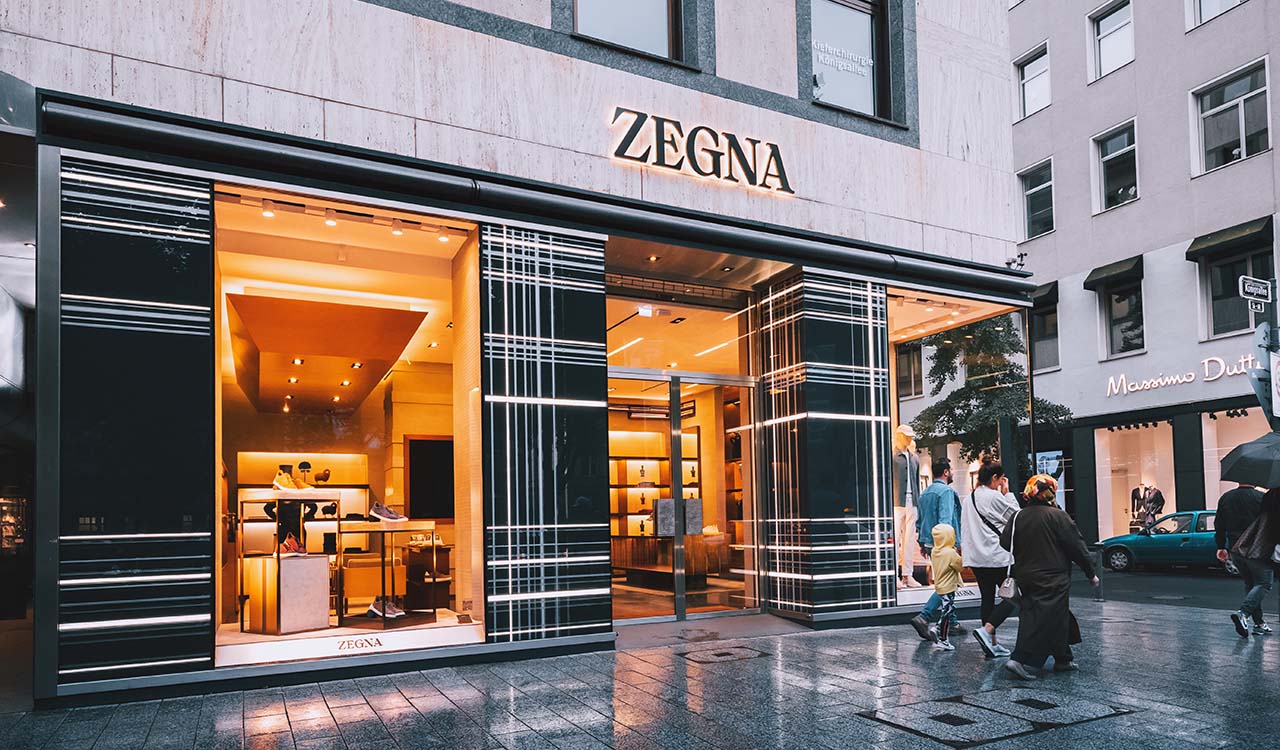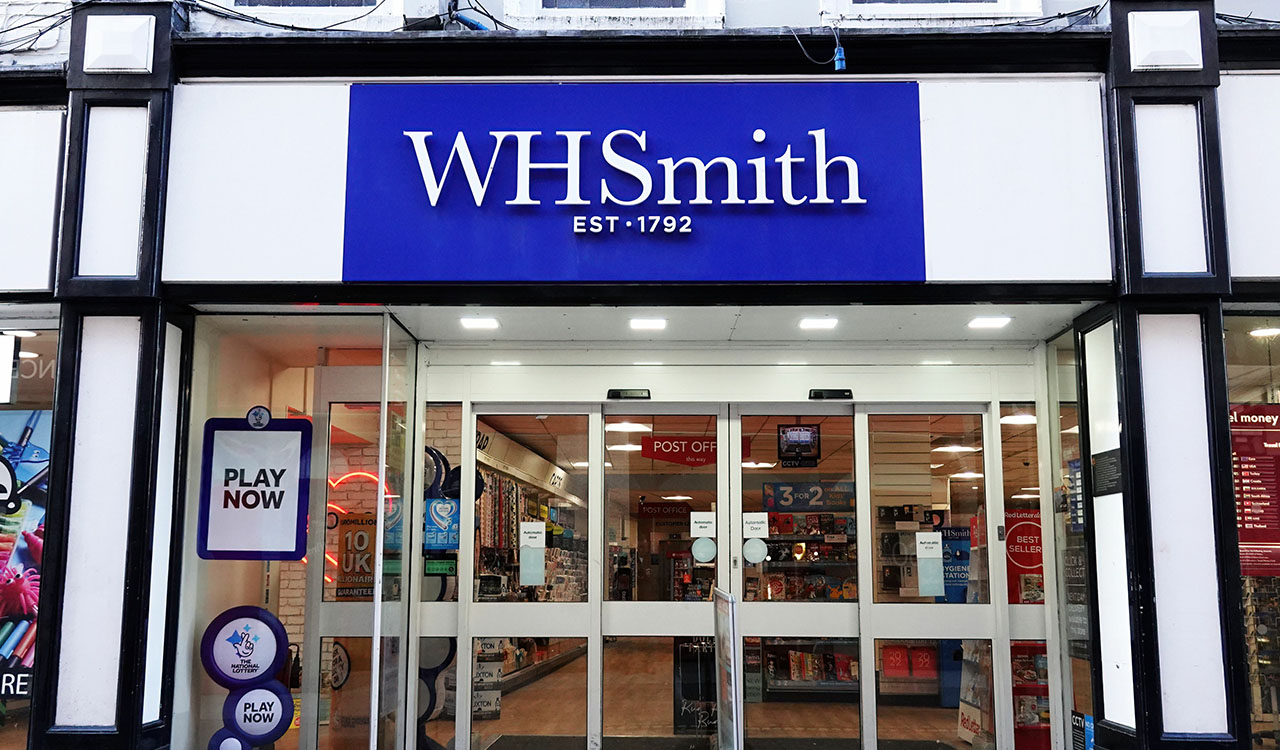The new study from Incisiv, “2024 Retail Customer Experience Index,” evaluated 131 retailers across three different dimensions of online customer experiences and arrived at no surprising conclusions. “Retailers must keep pace with technology trends to meet shoppers’ demand for hyper-personalization and seamless omnichannel interactions,” it concluded, calling out the need to implement advancements in artificial intelligence and data analytics to “drive deeper customer engagement and loyalty.” As I said, that’s stating the obvious.
Online customer experience driven by AI makes sense if you look at luxury as a commodity or a cynical item of social status hopping. For those who truly appreciate, understand, and wear luxury, this approach won’t work because, to them, luxury is a feeling. It’s about enhancing and complementing our personal identities to elevate our lives. You appreciate luxury because you appreciate yourself. Luxury is not about optimization; luxury is about personal meaning, and that can’t be automated.
What was surprising was that Incisiv measured 12 luxury brands against 119 brands in 10 other retail verticals. It’s not often one sees luxury go head-to-head with brands as diverse as H&M, Gap, Pottery Barn, Wayfair, Home Depot, Lowe’s, Dick’s Sporting Goods, Best Buy, Kay Jewelers, and Pep Boys.
Zegna Leads In Online Customer Experience
Even more surprising was the fact that the Italian menswear Zegna’s luxury engagement strategy leads its peers by ranking among retail’s top online customer experience leaders, leaving some of the biggest and arguably better-known luxury brands in the dust. Armani, Balenciaga, Burberry, Chanel, Dior, Gucci, Hermès, Louis Vuitton, Prada, Versace, and YSL were the other luxe contenders.
Three dimensions were measured, including engagement methods (user interaction via email, chat, phone support), personalized experiences across all channels, and resolution mechanisms if something goes awry. Within those three dimensions, some 101 specific digital capabilities were measured and benchmarked. While Zegna took the top prize in luxury across all three dimensions, Dior got an honorable mention in engagement, and Burberry, Chanel, and Hermès were called out as leaders in personalized experiences.
Seriously, How Important Is Luxury eCommerce?
We all agree that luxury brands must provide top-notch online experiences, but in the grand scheme of things, how important is online purchasing to their customers? No matter how luxury brands try to elevate the digital experience, online shopping is, and will remain, primarily a transaction. Luxury is fundamentally a relationship business, no matter how much AI and data analytics luxury brands deploy to seamlessly smooth out and speed up the process. In a digital marketplace, luxury brands need to offer an online channel, but ultimately they will rise or fall on any number of factors other than advanced digital strategies.
“Online customer experience driven by AI makes sense if you look at luxury as a commodity or a cynical item of social status hopping,” shared Dr. Martina Olbert, a leading expert on brand meaning. “But for those who truly appreciate, understand, and wear luxury, this approach won’t work because, to them, luxury is a feeling. It’s about enhancing and complementing our personal identities to elevate our lives. You appreciate luxury because you appreciate yourself. Luxury is not about optimization; luxury is about personal meaning, and that can’t be automated.”
Zegna’s Financial Pinch
The Zegna brand is part of the Ermenegildo Zegna Group, which also manages Thom Browne and Tom Ford Fashion in partnership with that brand’s owner Estée Lauder. Founded in 1910, Zegna built its legacy anchored in made-to-measure menswear that takes two to five weeks to deliver, but it also offers off-the-rack fashion. As of September, there were 285 Zegna stores worldwide, up from 253 at the end of last year, about evenly distributed with nearly 80 stores in EMEA, Americas, and China markets and the 50-odd rest in APAC.
Through the first three quarters of 2024, Zegna Group revenues rose 1.7 percent, reaching $1.4 billion; however, organic growth declined 4 percent, with a steep 27 percent decline at Thom Browne. The Zegna brand reported a 3.4 percent uptick in sales to $859 million and five percent organic growth through the first nine months of the year. But growth slowed in the third quarter to less than one percent based on deteriorating conditions in China.
During the fourth quarter, Zegna will need to do better than the $300 million it made in the third quarter to match the $1.2 billion the brand generated last year. That is possible but unlikely given the trajectory of the luxury market overall. It will end the year down two percent or, in a worst-case scenario, down five percent, according to Bain and Company’s latest luxury report.
Reshuffling the Luxury Deck
As an ultra-premium luxury brand, Zegna is shielded by the greater financial resilience of its high-net-worth clients. Yet, CEO Gildo Zegna said, “We continue to foresee an uncertain environment, particularly in the Greater China Region.”
The luxury market in China will end 2024 down 20 to 22 percent, and the Americas will be flat to down by one percent. Zegna Group – it doesn’t report brand revenues by market – ended the third quarter down 23 percent in China and off six percent in the Americas.
Across the luxury goods landscape, Bain finds “little luxuries,” like beauty and eyewear trending positive, up between three and five percent, but Zegna has only limited exposure in sunglasses. Its bread and butter is apparel, which will be flat to down two percent. Footwear is a secondary category for Zegna, and this category will be off between five and seven percent globally.
Start with the Store Experience
A recent Business of Fashion (BoF) study entitled “Evolving Art of Luxury Experiential Retail” reinforces my point. “Despite our increasingly digital world, where most brands are largely investing in digital methods to engage customers, it’s clear that physical stores still play a pivotal role in the customer journey for luxury shoppers,” it reports.
Based on a survey among 1,500 U.S. and Canadian luxury shoppers, some 68 percent prefer to involve a store for customer service, and 59 percent prefer to involve the store as a place to learn about brands. In short, online engagement primarily drives customers to the store and is not a substitute for the personal experiences they get there. Only 31 percent rely on online interaction for customer service, and 40 percent to learn about brands.
“In a time when fashion brands and retailers are increasing their digital presence and technology from the likes of AI to the metaverse is becoming more sophisticated, it is clear the importance of physical stores cannot be ignored,” concluded BoF managing director Rahul Malik.





